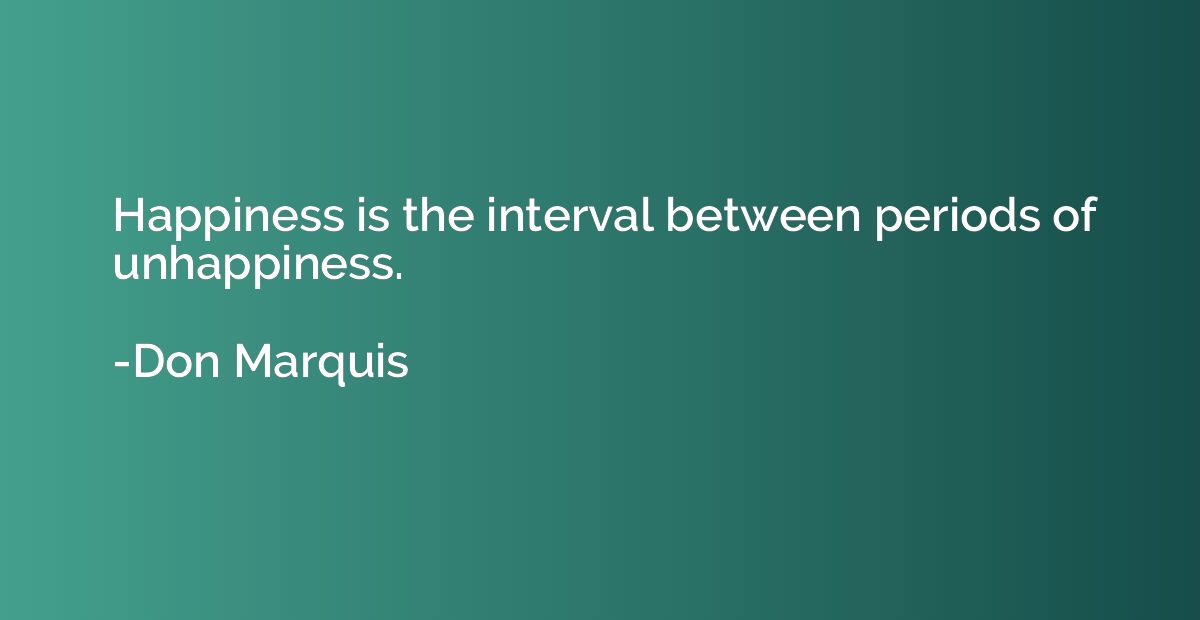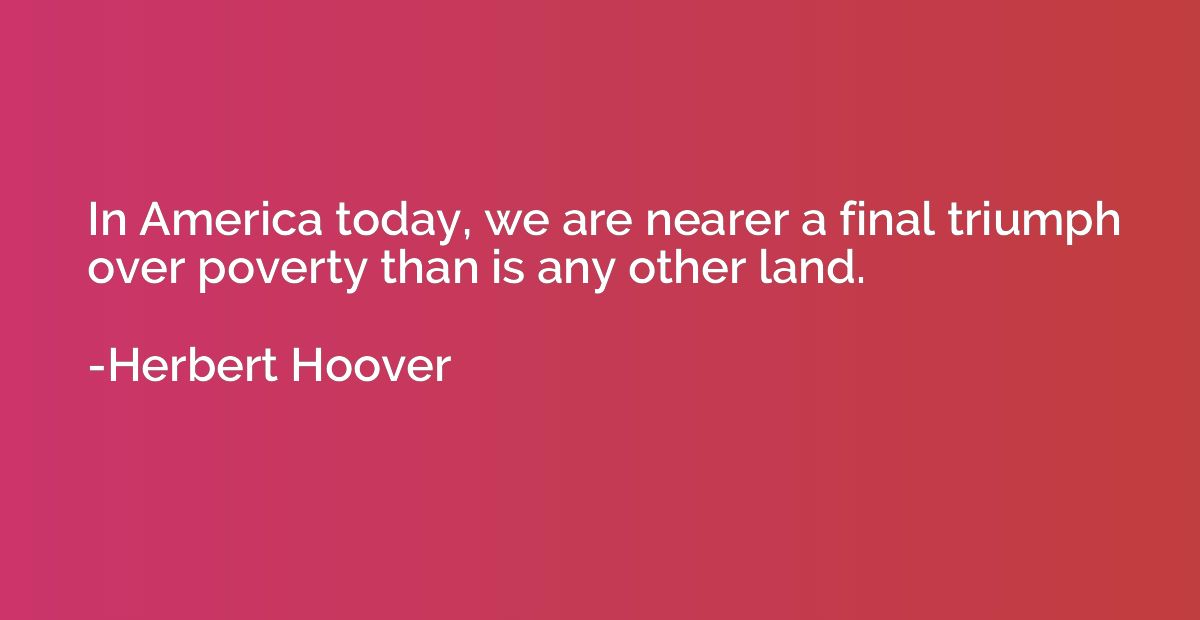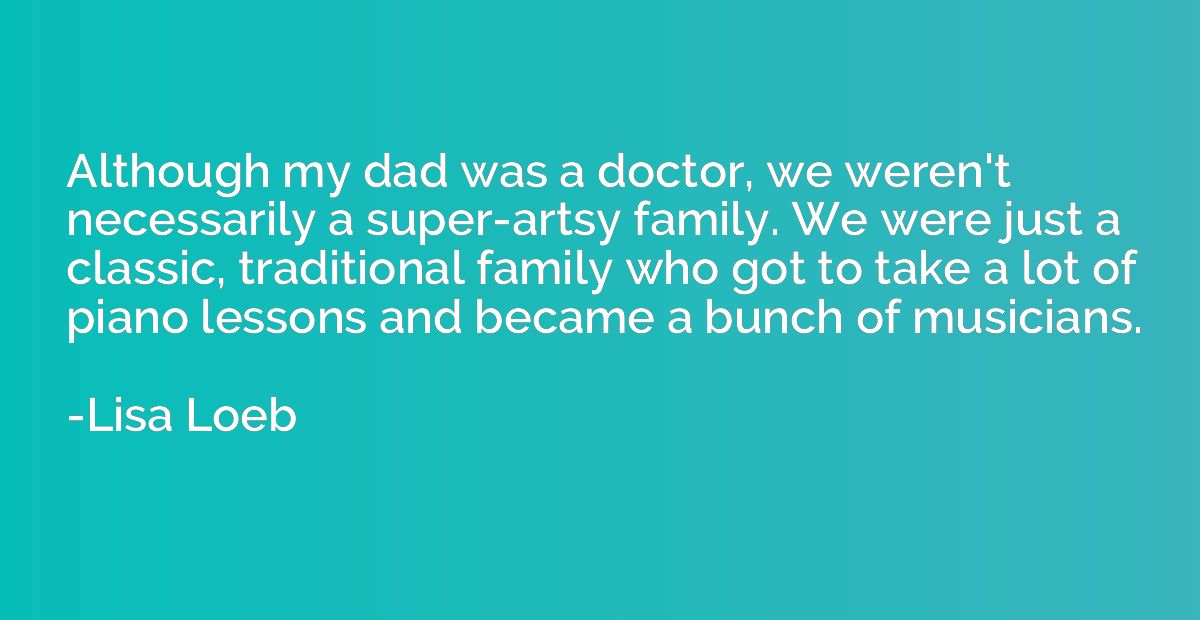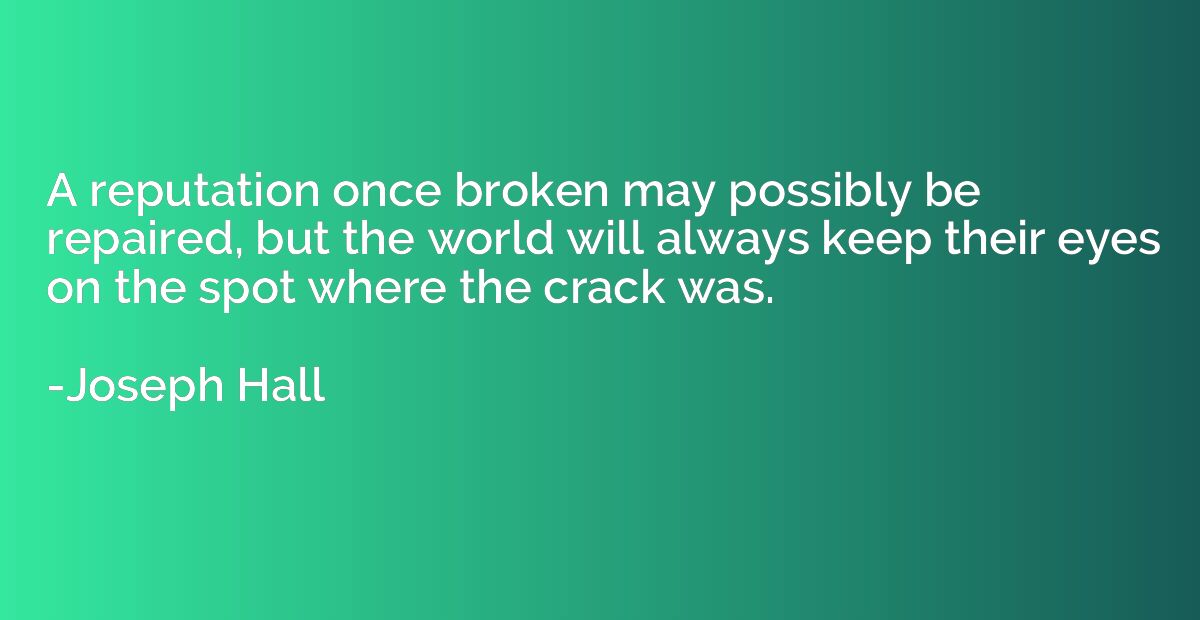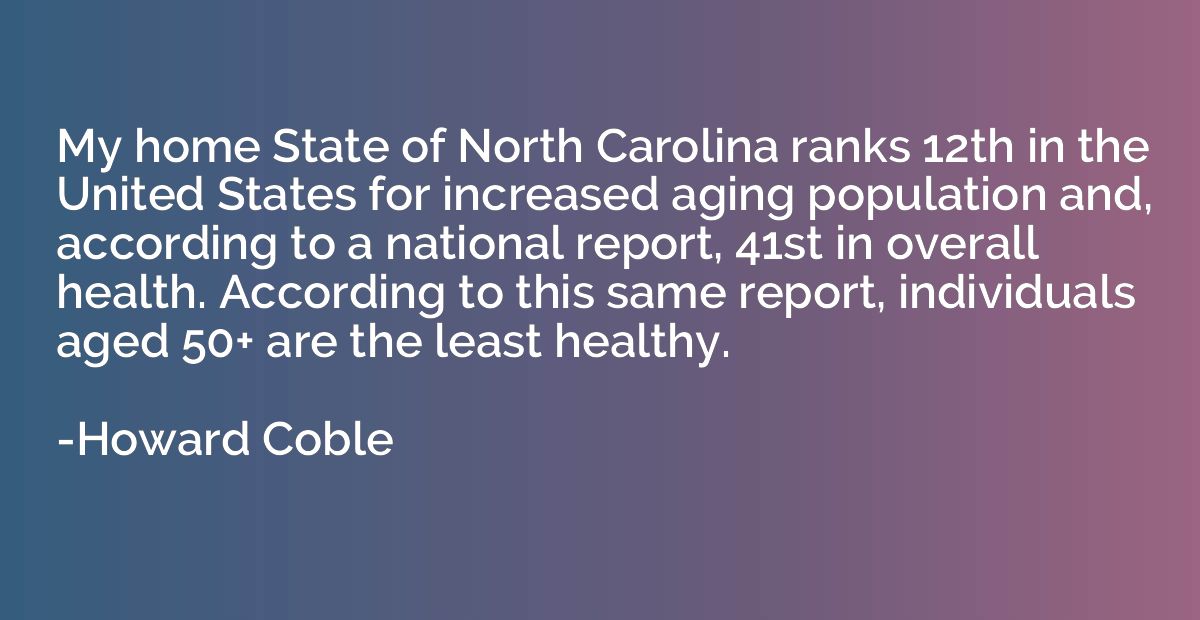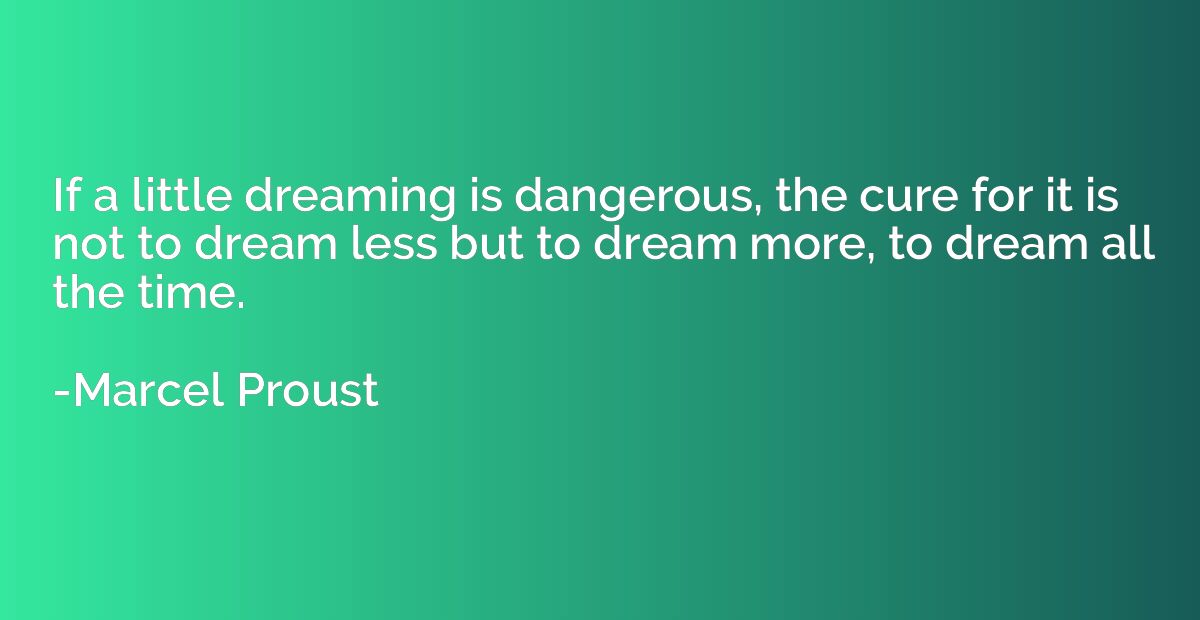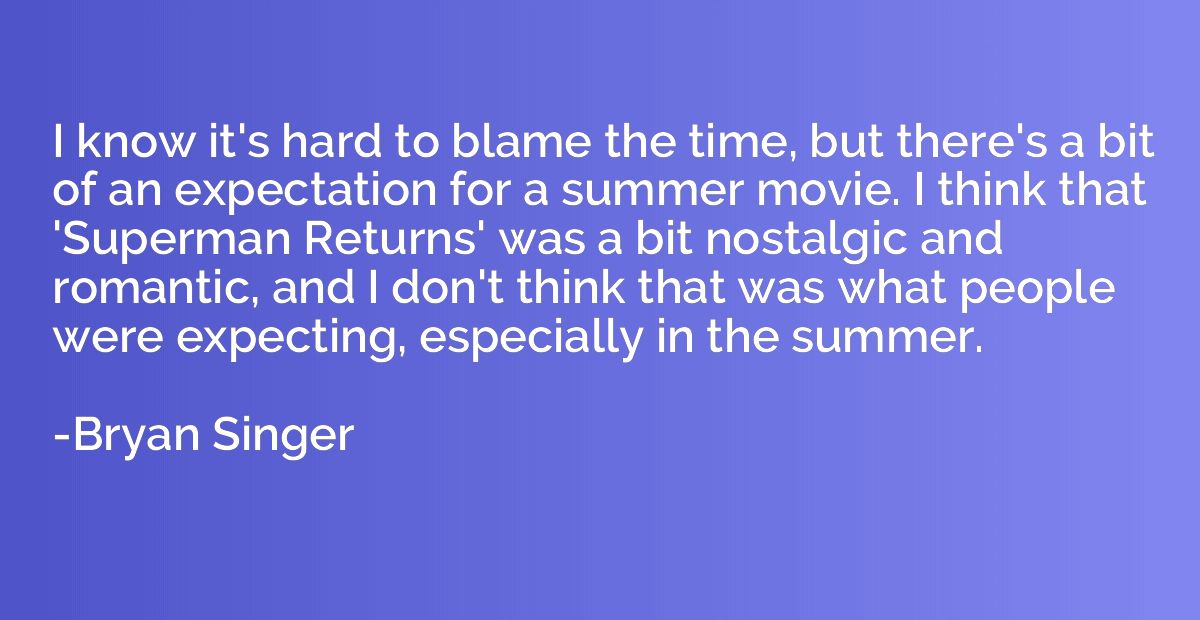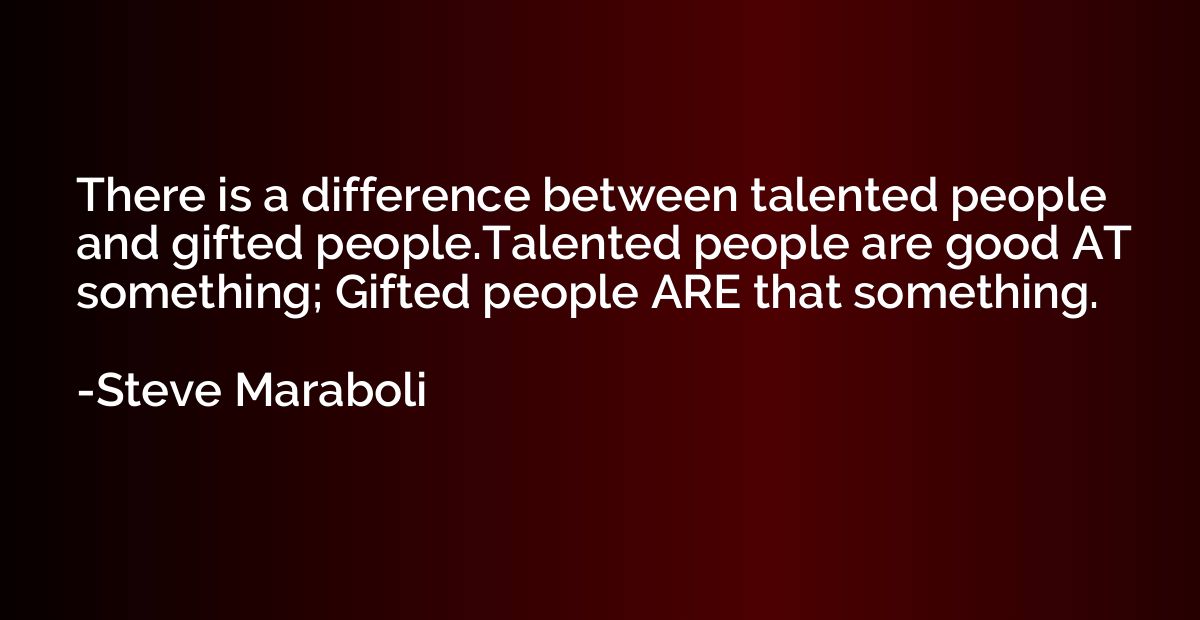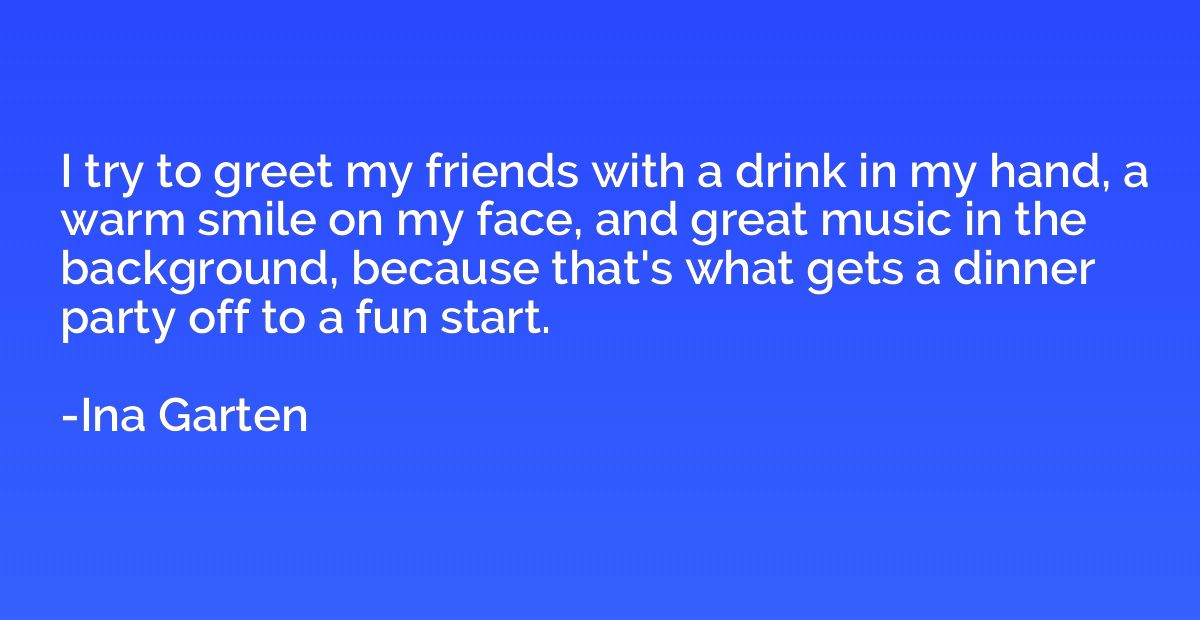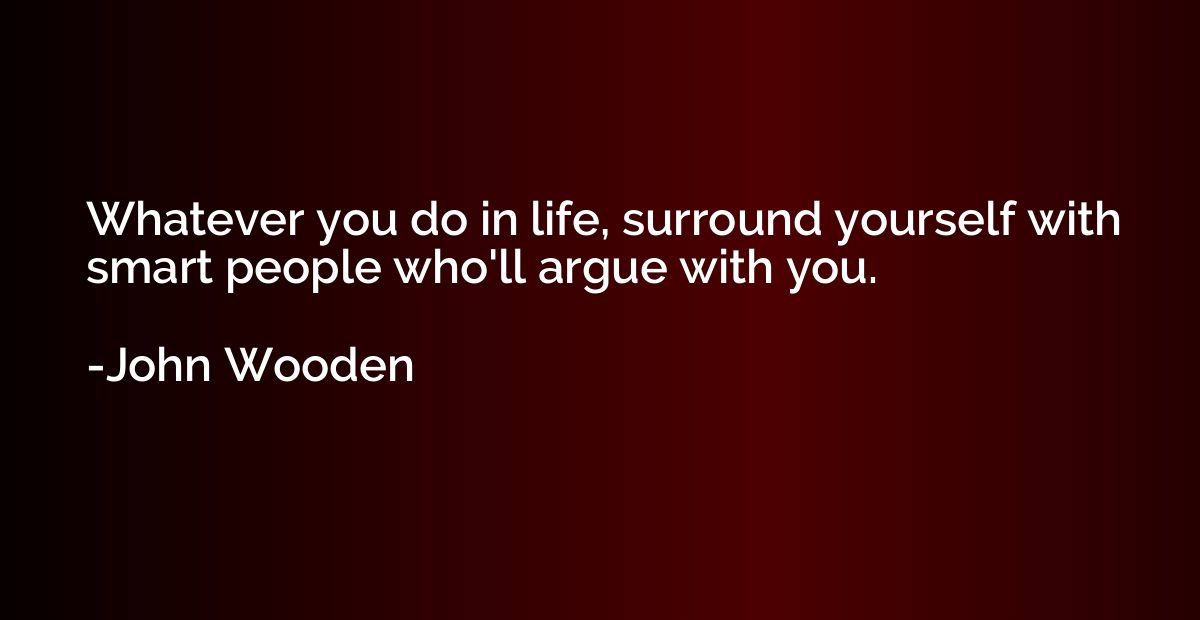Quote by Edna Ferber
Wasn't marriage, like life, unstimulating and unprofitable and somewhat empty when too well ordered and protected and guarded? Wasn't it finer, more splendid, more nourishing, when it was, like life itself, a mixture of the sordid and the magnificent; of mud and stars; of earth and flowers; of love and hate and laughter and tears and ugliness and beauty and hurt?
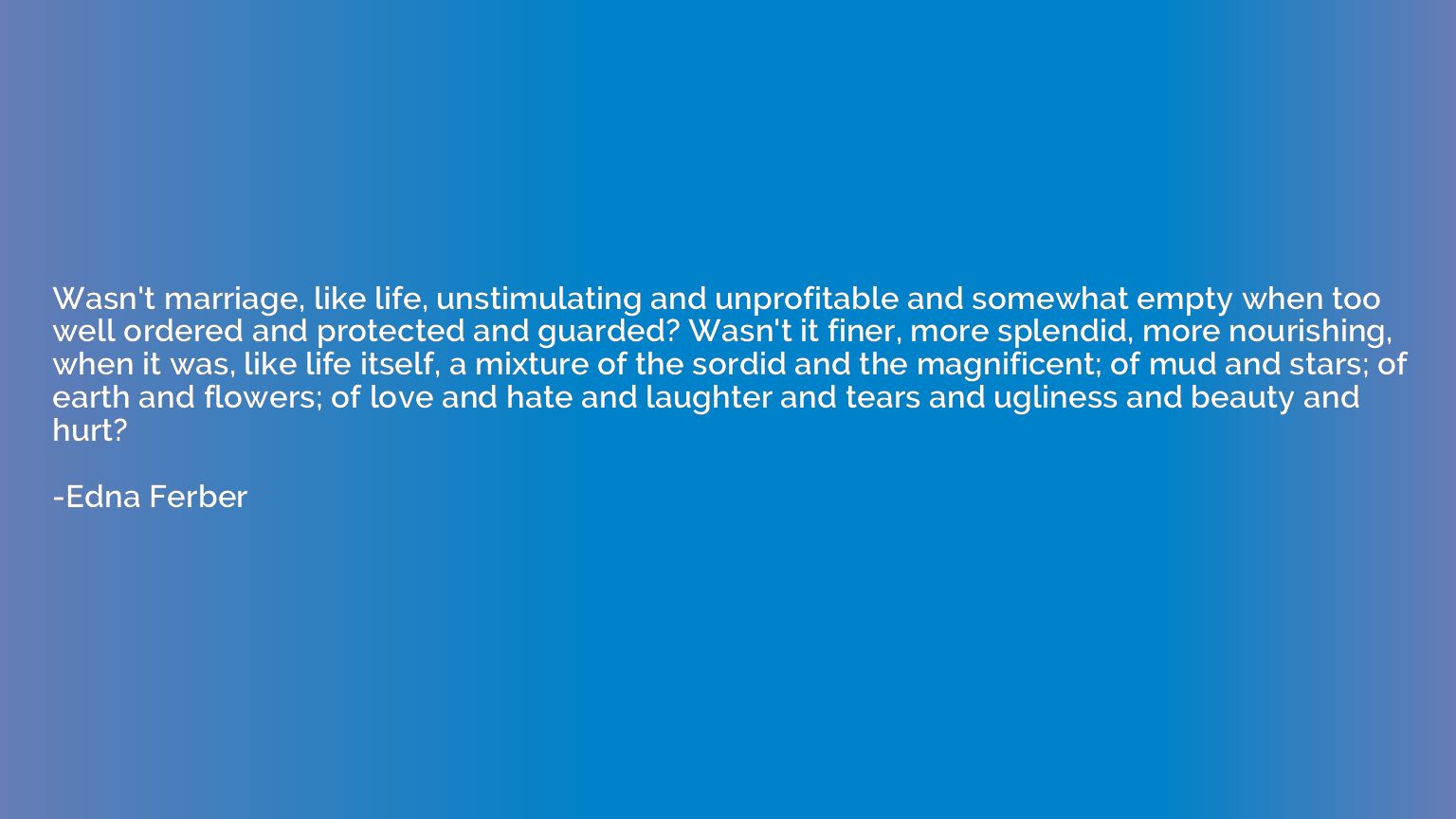
Summary
This quote suggests that marriage, similar to life itself, can become dull and empty if it's too cautiously approached and protected. It argues that the true essence of marriage lies in embracing its mixture of contrasting elements - the mundane and the extraordinary, the ordinary and the beautiful, love and hate, laughter and tears. By accepting and navigating through both the unpleasant and the delightful aspects, marriage becomes more fulfilling, enriching, and vibrant. The quote celebrates the intertwining of contradictions and the range of experiences that bring depth and meaning to marriage.
Topics
Health
By Edna Ferber




